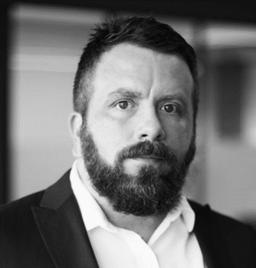This is the first article in a five-part series on the “Special Operations Forces Truths.” The SOF Truths are five rules that are utilized as a guide for Special Operations units for strategic planning and vision. However, successful Special Operations soldiers also leverage these rules in their day-to-day activities.
Now, as more highly experienced and combat-tested SOF veterans are entering the business world than ever before, the five simple rules are being leveraged as force multipliers by leaders of cutting-edge industries to grow their people in a deliberate manner, on both a profession and a personal level.





